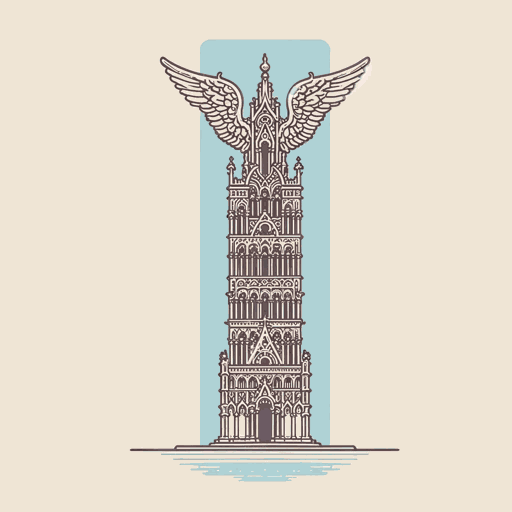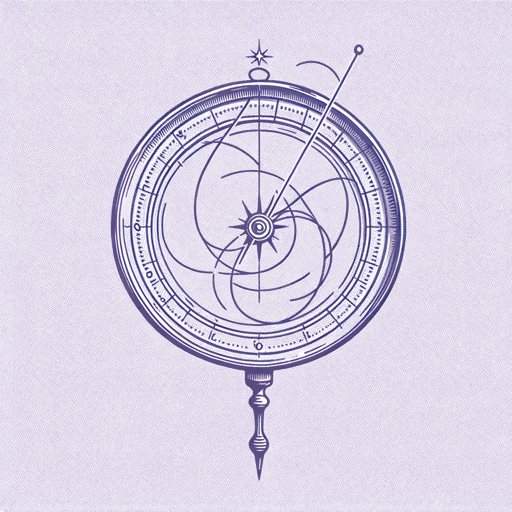42 pages • 1 hour read
Philip PullmanThe Subtle Knife
Fiction | Novel | YA | Published in 1997A modern alternative to SparkNotes and CliffsNotes, SuperSummary offers high-quality Study Guides with detailed chapter summaries and analysis of major themes, characters, and more.
Themes
Technology, Culture, and Science
The relationship between religious dogma, social power, and scientific understanding is a major theme of The Subtle Knife and His Dark Materials as a whole. In The Subtle Knife, the contrasts between Lyra’s world, Will’s world, and Cittàgazze partly stem from the interplay of religion, social power, and science. The people of Lyra’s world conflate science and religion, as evidenced by Lyra’s word for physics, “experimental theology.” To Lyra, science and theology are indistinguishable. To Mary, the experience of being a nun and of being a physicist are largely at odds with each other.
The Magisterium, the ruling power in Lyra’s world, is often called the “church.” The name “Magisterium” comes from Roman Catholic doctrine, being the name for the teaching authority of the pope, bishops, and other leaders. Within the book, the Magisterium operates similarly to the Catholic church at the height of its power. The Magisterium’s opposition to Dust research appears to be inspired in part by the Catholic church’s role in silencing scientific research. In Lyra’s world, the Enlightenment, a European movement in the 17th and 18th centuries that encouraged reason as the way toward understanding, may have happened very differently, creating a timeline in which the early Catholic church continued its rise to power into the modern day.
Related Titles
By Philip Pullman




